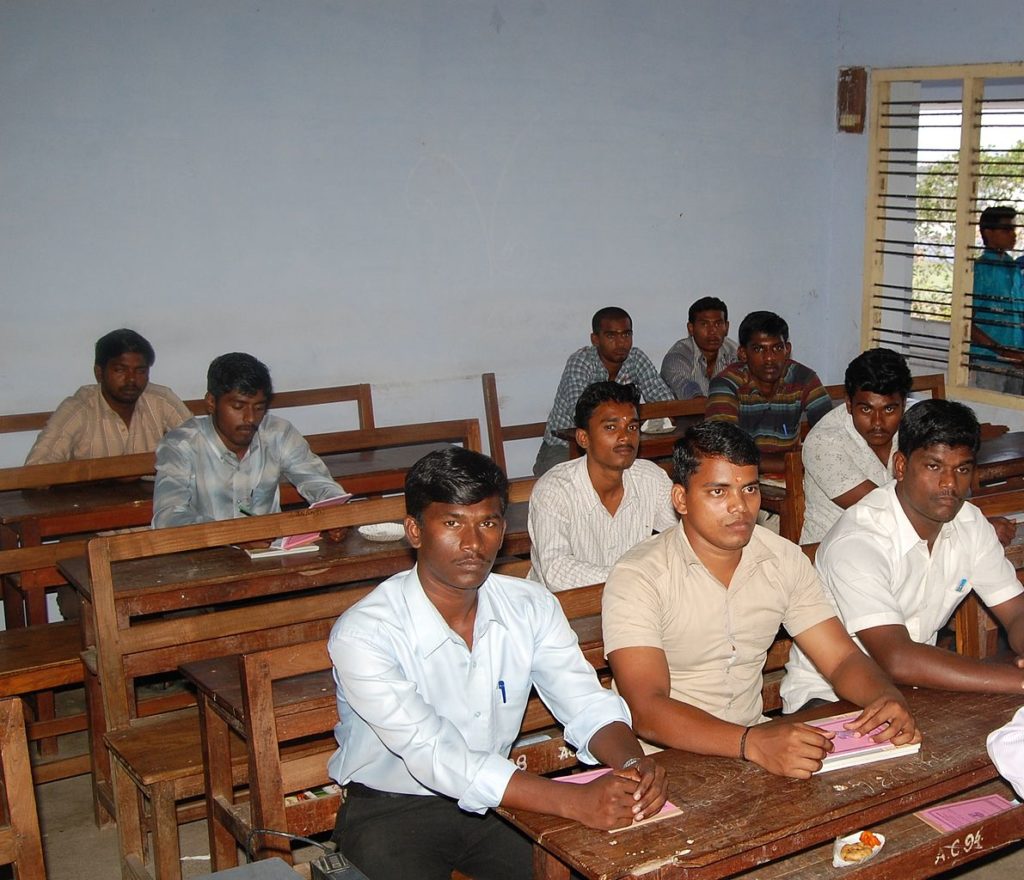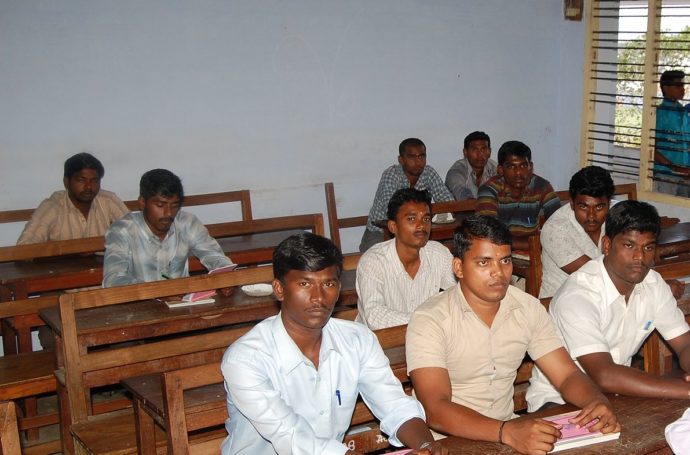
NEET is the most coveted and sought after exams for medical aspirants seeking admissions to medical courses. Year around students prepares for this exam by either self-studying or by even taking up coaching classes to ensure there is no dearth in preparation from their side. While most of the students indulge in preparing for the upcoming NEET exams, they miss out on the most important factor that could potentially decide the fate of the exams for them, essentials of the exam. Alongside exam preparation, candidates must know other important metrics critical for the exam.
Here, we bring to you a list of things students must know before appearing for exams.
- Know the eligibility criteria for NEET exams
- NEET is now the single level entrance exam for almost all medical courses which also includes AYUSH courses
- The number of applicants for NEET exams is increasing with each passing year, this time around 15.9 lakh students are anticipated to appear for the exams
- Students can mention 4 different NEET exam centres as per the order of their preference
- Candidates must have a fair idea of the list of things banned in the exam hall
- Know the list of documents to be carried on the exam day
- Candidates must select the NEET exam centre from the state of domicile.
- Dress code specified by NTA(National Testing Agency) needs to be strictly followed
- Candidates must know the pattern of the exam – number of questions asked, maximum marks that can be scored, negative marking, duration of the exam and so on
- Another important metric that students often miss out on is the exam day guidelines. NTA in its official information brochure specifies ethics to be followed on the day of the exam right from the documents to be carried to the preferable time to be present at the venue.
- Documents asked must be as per the dimensions specified in the information brochure
- NEET cut-off and result are declared on the same day which is a few weeks after the exams are conducted
- NEET counselling takes place at three stages which is inclusive of the mop-up round. Students who have cleared the NEET cut-off must register themselves for the counselling process.
- Seat availability – 15% under AIQ (All India Quota) and the remaining 85% is reserved by the state quota
- Preparation for the exam must include thorough revision of NCERT syllabus from classes 11 & 12, previous years’ question papers, online questions/modules etc
- While filling out the NEET application form, candidates are provided with the option of selecting language of preference. 11 languages are offered in total which is inclusive of English, Hindi and Urdu. Others are Bengali, Oriya, Tamil, Kannada, Telugu, Marathi, Gujarati and Assamese.
- Students are provided with an OMR sheet along with the question paper. OMR sheet should be bubbled for the right response against the question number.
These were some important pointers essential for NEET aspirants ready to appear for NEET exams. Subscribe to BYJU’S YouTube Channel for more.
